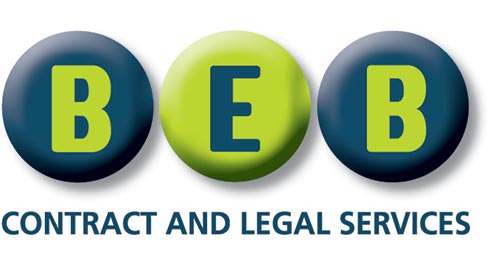The Government has delayed controversial changes to the IR35 tax system in response to the coronavirus pandemic. This has given some relief for self-employed workers as HMRC tax reforms are postponed for a year due to coronavirus.
The changes would have led self-employed individuals operating through a personal service company to pay more tax under legislation known as IR35.
However, this does not mean you have no need to worry about IR35 legislation. The original legislation still in place and puts the onus on the individual to determine their employment status, if this is not done correctly you may be fined or at least required to pay additional tax.
IR35 has been in force since April 2000 designed to combat tax avoidance by the self-employed. This means that any freelancers or contractors who are supplying their services to clients but in practice are mirroring what an employee would do are called ‘deemed employees’ by HMRC and if found to be inside IR35 (IR35 applies) they have to pay income tax and NIC just as they would if they were employed. This financial implication can be significant reducing the workers net income significantly.
IR35 has always required that contractors interpret a complex set of employment status tests to determine whether their contract places them inside or outside, (outside meaning IR35 does not apply) of the legislation’s scope. These tests are not new but are mercurial, one contractor may only be working slightly differently but is then forced to pay their tax in an entirely different way. The difference can be seen between the Lorraine Kelly and Eamonn Holmes cases, the two are both presenters on ITV, although ITV have more editorial ability over Eamonn and were deemed to have ‘control’ over the worker, making him inside IR35 while Lorraine was not.
Many companies and contractors have looked at their employment status, whether using CEST or other tools, and deemed that they are outside due to one factor not being within IR35 scope – this is not how HMRC will look at things. Despite HMRC creating their own tool to determine status, it is flawed and has been proved to be unreliable, when HMRC look at the status they will take every aspect of working into account and decide on the balance of probability rather than a single factor determining their status.
The new Off-Payroll tax was first introduced in April 2017 into the public sector and was due to be extended to the private sector from April 2020. IR35 has been heavily criticised and the fact there are changes on the horizon has worried contractors and businesses alike, so the delay to the changes has appeased many. However, the government have warned that they are just being delayed and not cancelled, so any action which needed to be taken still needs to be put into motion, albeit with a later implementation date.
The same tests are applied to determine employment status with the upcoming changes, but there is a shift in responsibility on who determines the workers status. If the tests indicate a relationship that is more like an employment situation, it will be the employer’s responsibility to operate pay-as-you-earn (PAYE) and national insurance contributions (NICs) on payments made to the freelancer’s business. Previously it had been the contractors responsibility to determine their status and ensure that they were paying the appropriate tax. This also meant that should the contractor get things wrong, they were liable – but not when the reform comes into place.
This delay has been welcomed it gives private sector firms vital time to prepare for reform, which can only be a good thing for contractors. Many contractors found that companies were not renewing contracts due to the complexity of the upcoming IR35 changes or moving them on to a PAYE type payment system without properly determining their status which in turn upset many. The main problem with IR35 is that it unfairly affects the smallest companies: that is, the contractors. With the upcoming reform the taxes paid by contractors will be affected which will have an effect on take home pay, although the onus to determine status and therefore pay any fines incurred shall be solely on the employer of contractors.

